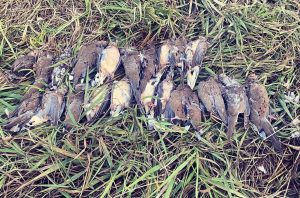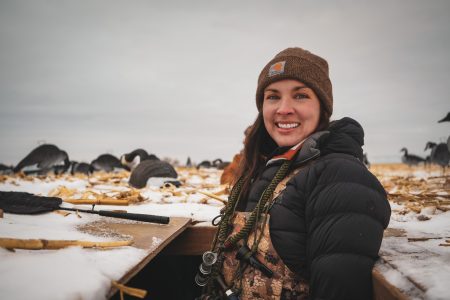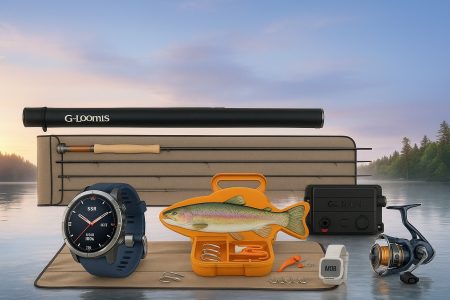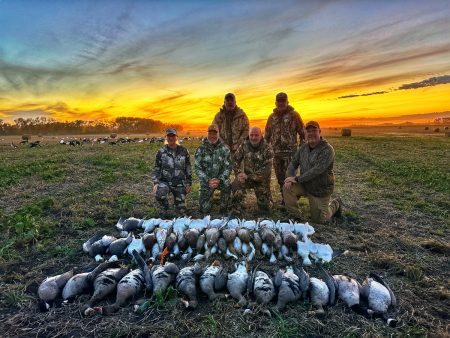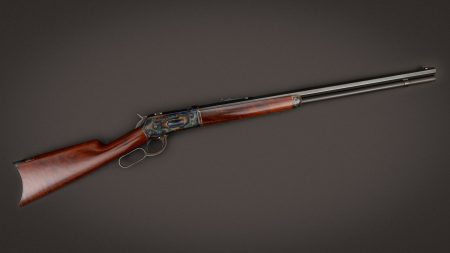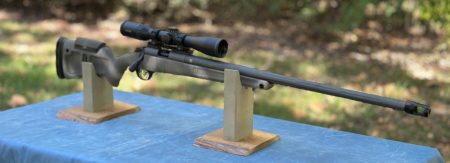Did you know that the Outdoor Industry generated over $563 Billion in revenue, or over 2.2% of United States GDP in 2022? The industry is significant as a contributor to jobs and the overall economy, and vitally important to the mental and physical well-being of US Citizens. Spending time outdoors in nature is essential for general health offering a multifaceted remedy to modern stressors. The natural environment has been shown to significantly reduces stress, enhance mood, and foster a unique sense of peace and well-being. By engaging in physical activities outside, individuals not only improve their physical health but also experience heightened mood and reduced anxiety, thanks to the serene and rejuvenating qualities of green spaces. Moreover, the outdoors encourages mindfulness and creativity, revitalizing mental energy and focus that often get depleted by daily routines. The social interactions that naturally occur in these settings further alleviate feelings of loneliness and isolation, while the innate human connection to nature, known as biophilia, provides a profound sense of belonging. In essence, the outdoors is a vital, accessible, and holistic resource for enhancing mental and physical health, underscoring the importance of integrating nature into our daily lives for overall well-being. Pittman-Robertson Act recognized these facts and was enacted to preserve these benefits for all citizens for generations to come.

In the realm of wildlife conservation and outdoor stewardship, few legislations stand as prominently as the Pittman-Robertson Act. Enacted in 1937, this landmark piece of legislation, also known as the Federal Aid in Wildlife Restoration Act, has served as the bedrock for funding wildlife conservation efforts across the United States. This money is collected by the Secretary of the Interior and does not go into the general US Treasury, and instead is delivered to the States for their use in conservation efforts. But what exactly is the Pittman-Robertson Act, and why should hunters and fishermen pay keen attention to politicians who support it?
The Pittman-Robertson Act, named after its sponsors Senator Key Pittman of Nevada and Representative A. Willis Robertson of Virginia, is a federal law designed to provide financial assistance to state wildlife agencies for the restoration and management of wildlife and their habitats. This Act was born out of a need to address the decline in wildlife populations and habitat loss during the early 20th century, particularly in the wake of the Great Depression.

At its core, the Pittman-Robertson Act operates on a simple yet effective premise: to generate funding for conservation through an 11% excise taxes on the purchases of goods. These taxes are distributed to state wildlife agencies based on a formula that considers both land area and the number of licensed hunters in each state. The Pittman-Robertson Act imposes excise taxes on specific goods related to hunting and shooting sports only. These taxes are applied at the point of sale and are then allocated to various organizations for conservation efforts. The types of goods subject to Pittman-Robertson taxes include:
- Firearms: Excise taxes are levied on the sale of pistols, revolvers, rifles, and shotguns. This includes both new and used firearms.
- Ammunition: A tax is imposed on the sale of all types of ammunition, including cartridges, shells, and bullets, regardless of caliber or gauge.
- Archery Equipment: The sale of bows, arrows, and other archery accessories is subject to Pittman-Robertson taxes.
- Accessories: Certain hunting and shooting accessories, such as sights, scopes, binoculars, and protective gear, may also be subject to excise taxes under the Act.
It’s important to note that not all hunting and shooting-related products are subject to Pittman-Robertson taxes. For example, clothing and general outdoor gear typically do not fall under this category. The Act specifically targets items directly related to hunting, shooting, and archery activities, as these are considered integral to the sportsmanship and conservation efforts supported by the legislation.
The Pittman-Robertson Act, also known as the Federal Aid in Wildlife Restoration Act, primarily focuses on funding wildlife conservation efforts related to hunting and shooting sports. Therefore, the excise taxes collected under this act are specifically applied to firearms, ammunition, archery equipment, and certain hunting-related accessories.
For fishing-related conservation efforts, a similar program exists called the Dingell-Johnson Act, also known as the Federal Aid in Sport Fish Restoration Act. This act imposes excise taxes on fishing equipment, motorboat fuel, and import duties on fishing tackle, yachts, and pleasure craft. The revenue generated from the Dingell-Johnson Act is distributed to state wildlife agencies to support fisheries conservation, habitat restoration, and boating infrastructure development. So, while fishing gear is not subject to Pittman-Robertson taxes, it is subject to separate excise taxes under the Dingell-Johnson Act to support fisheries conservation efforts.
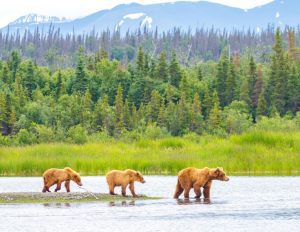
One of the most significant aspects of the Pittman-Robertson Act is its dedication to ensuring that funds are reinvested directly into conservation efforts. By channeling revenue back to the states, the Act empowers local wildlife agencies to undertake a wide range of initiatives aimed at preserving habitats, restoring wildlife populations, and promoting outdoor recreation.
For hunters, the importance of the Pittman-Robertson Act cannot be overstated. This legislation has been instrumental in the preservation and enhancement of habitats critical to game species, ensuring sustainable populations for hunting. Moreover, it has played a crucial role in supporting the infrastructure and resources necessary for responsible outdoor recreation, such as maintaining trails, access points, and facilities in public lands.
Understanding and supporting politicians who uphold the Pittman-Robertson Act, and the Dingell-Johnson Act is essential for several reasons:
- Continued Funding for Conservation: Politicians who advocate for the Pittman-Robertson Act and the Dingell-Johnson Act ensure the steady flow of funds for wildlife conservation. By supporting these legislators, hunters and fishermen can help maintain the resources necessary for the management and preservation of game species and their habitats.
- Promotion of Outdoor Heritage and Hunter Education: These Acts not only contribute to wildlife conservation but also fosters the rich tradition of hunting and fishing in America. Politicians who prioritize these Acts demonstrate their commitment to preserving this heritage for future generations of outdoor enthusiasts. The Act aids the U.S. Fish & Wildlife Service by providing federal funds to state wildlife agencies to support a variety of hunting-related projects, including hunter education.
- Investment in Public Lands: Many of the projects funded by these Acts benefit public lands and waterways, which serve as vital areas for hunting, fishing, and outdoor recreation. Supporting politicians who support the Acts ensures that these lands remain accessible and well-maintained for all to enjoy.
- Economic Benefits: The outdoor recreation industry, including hunting and fishing, contributes significantly to the nation’s economy. By backing politicians who uphold the Acts, hunters and fishermen support policies that bolster this sector, creating jobs and stimulating local economies.
According to Theodore Roosevelt Conservation Partnership, since its inception, the Pittman-Robertson Act and the Dingell-Johnson Act has generated substantial revenue for conservation efforts. In 2022, a record $1.5 Billion was devoted to US Conservation efforts through these mechanisms. According to National Shooting Sports Foundation (NSSF) approximately $700 million is collected annually through excise taxes on hunting and shooting-related equipment. Since its enactment in 1937, the Act has amassed over $17 billion in revenue, providing crucial funding for wildlife conservation projects across the nation.
The Pittman-Robertson Act and the Dingell-Johnson Act stand as cornerstones of wildlife conservation and outdoor recreation in the United States. Hunters and fishermen have a vested interest in understanding the significance of this legislation and supporting politicians who prioritize its continuation. By doing so, they can ensure the preservation of America’s natural heritage and the sustainability of their favorite pastimes for generations to come.
You might also like: Learn How to Hunt
Per our affiliate disclosure, we may earn revenue from the products available on this page. To learn more about how we test gear, click here.

